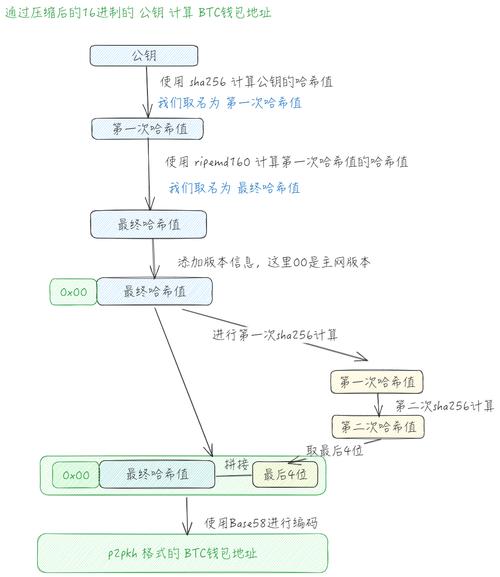Blockchain: A Comprehensive Guide
Blockchain: A Comprehensive Guide
Blockchain technology has revolutionized the way we perceive and interact with digital transactions. As you delve into this fascinating world, it’s essential to understand its various dimensions. Let’s embark on a journey to explore blockchain from multiple perspectives.
What is Blockchain?
Blockchain is a decentralized, digital ledger that records transactions across multiple computers so that the record cannot be altered retroactively without the alteration of all subsequent blocks and the consensus of the network.
How Does Blockchain Work?
Blockchain operates through a network of nodes, which are essentially computers that participate in the network. These nodes validate and record transactions, creating a chain of blocks. Each block contains a unique hash, which links it to the previous block, forming an immutable and transparent record of transactions.
Here’s a simplified breakdown of the blockchain process:
| Step | Description |
|---|---|
| 1 | Transactions are grouped into a block. |
| 2 | The block is broadcasted to the network of nodes. |
| 3 | Nodes validate the transactions and the block’s integrity. |
| 4 | Once validated, the block is added to the blockchain. |
Types of Blockchain

There are several types of blockchain, each with its unique characteristics:
- Public Blockchain: Open to anyone, such as Bitcoin and Ethereum.
- Private Blockchain: Limited to a specific group of participants, like Hyperledger Fabric.
- Consortium Blockchain: A hybrid of public and private blockchains, where a group of organizations collaborate on a shared network.
Benefits of Blockchain
Blockchain offers numerous benefits, making it a game-changer in various industries:
- Security: The decentralized nature of blockchain makes it nearly impossible to hack.
- Transparency: All transactions are recorded on the blockchain, ensuring transparency and accountability.
- Immutability: Once a transaction is recorded, it cannot be altered, providing a reliable and permanent record.
- Decentralization: Blockchain eliminates the need for intermediaries, reducing costs and increasing efficiency.
Applications of Blockchain
Blockchain technology has found applications in various industries, including:
- Finance: Cryptocurrencies like Bitcoin and Ethereum have gained immense popularity.
- Supply Chain: Blockchain can track the movement of goods and ensure transparency in the supply chain.
- Healthcare: Blockchain can securely store and share patient records, improving data integrity and privacy.
- Real Estate: Blockchain can streamline property transactions, reducing fraud and increasing efficiency.
Challenges of Blockchain
While blockchain offers numerous benefits, it also faces certain challenges:
- Scalability: Blockchain networks can struggle to handle a large number of transactions simultaneously.
- Energy Consumption: Blockchain requires significant computational power, leading to high energy consumption.
- Regulatory Hurdles: Governments and regulatory bodies are still figuring out how to regulate blockchain and cryptocurrencies.
Future of Blockchain
The future of blockchain looks promising, with continuous advancements and innovations. As more industries adopt blockchain technology, we can expect to see increased efficiency, transparency, and security in various sectors.
As you explore the world of blockchain, remember that it’s a rapidly evolving field, and staying updated with the latest developments is crucial.



